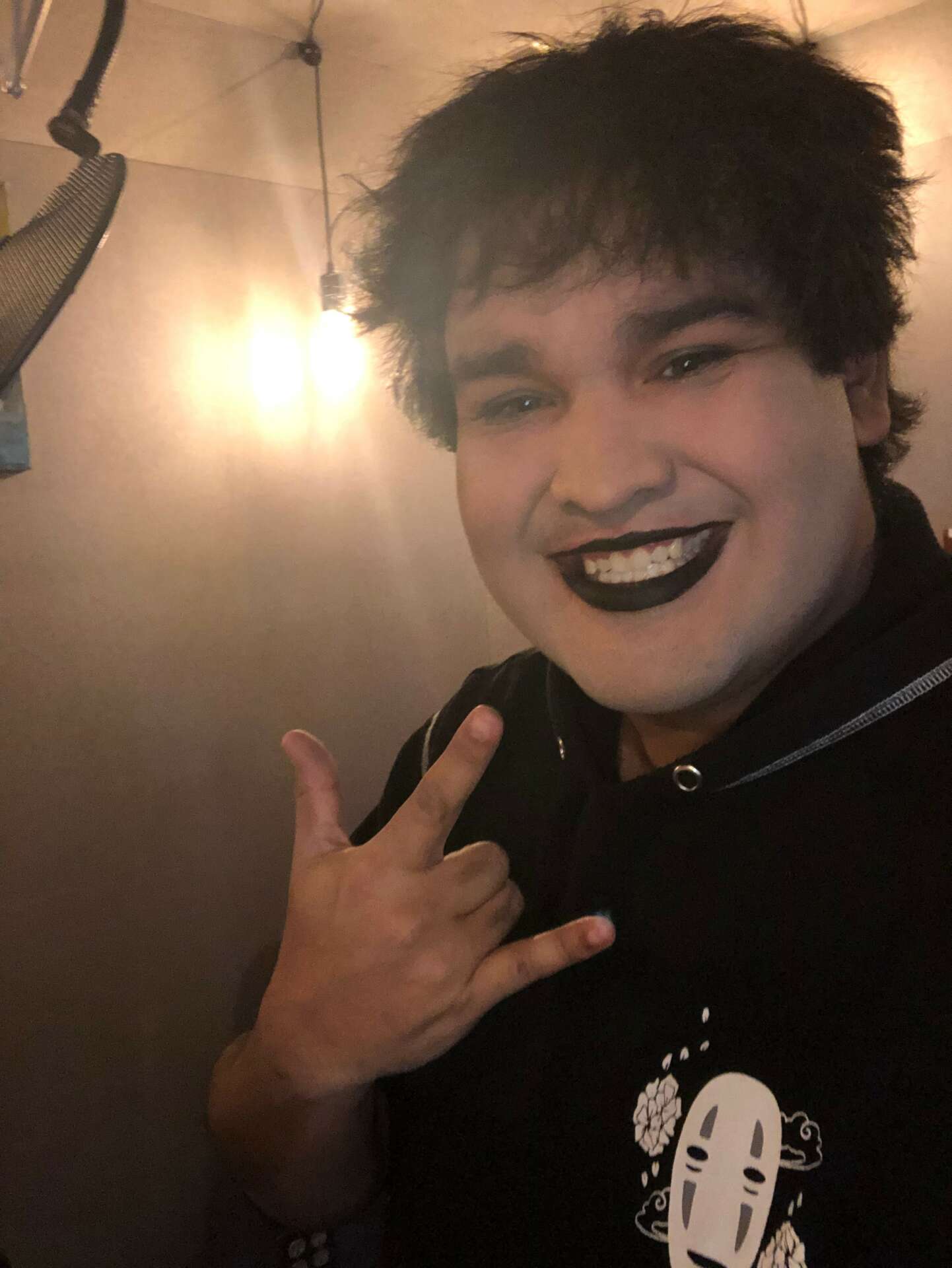We recently connected with Ventus Russell and have shared our conversation below.
Hi Ventus, thanks for joining us today. Can you tell us about a time that your work has been misunderstood? Why do you think it happened and did any interesting insights emerge from the experience?
When I was around 8 or 9 years old, I was diagnosed with Autism. While it didn’t bother me much at the time, I slowly started to understand this meant I was different from other people. I saw how the media portrayed people on the spectrum: Either as idiotic comedic punching bags for a cheap laugh, a side character (usually a sibling) typically portrayed as a burden or dead weight for an otherwise normal main character, or geniuses who have some hidden special talent that makes them smarter than “normal people.” I hated both of these representations because it made explaining how the disability works for different people extremely hard. In the time I’ve spent in this field, my goal has been to expand and show people that there are many layers to this disability and people shouldn’t feel boxed in to one of those groups.

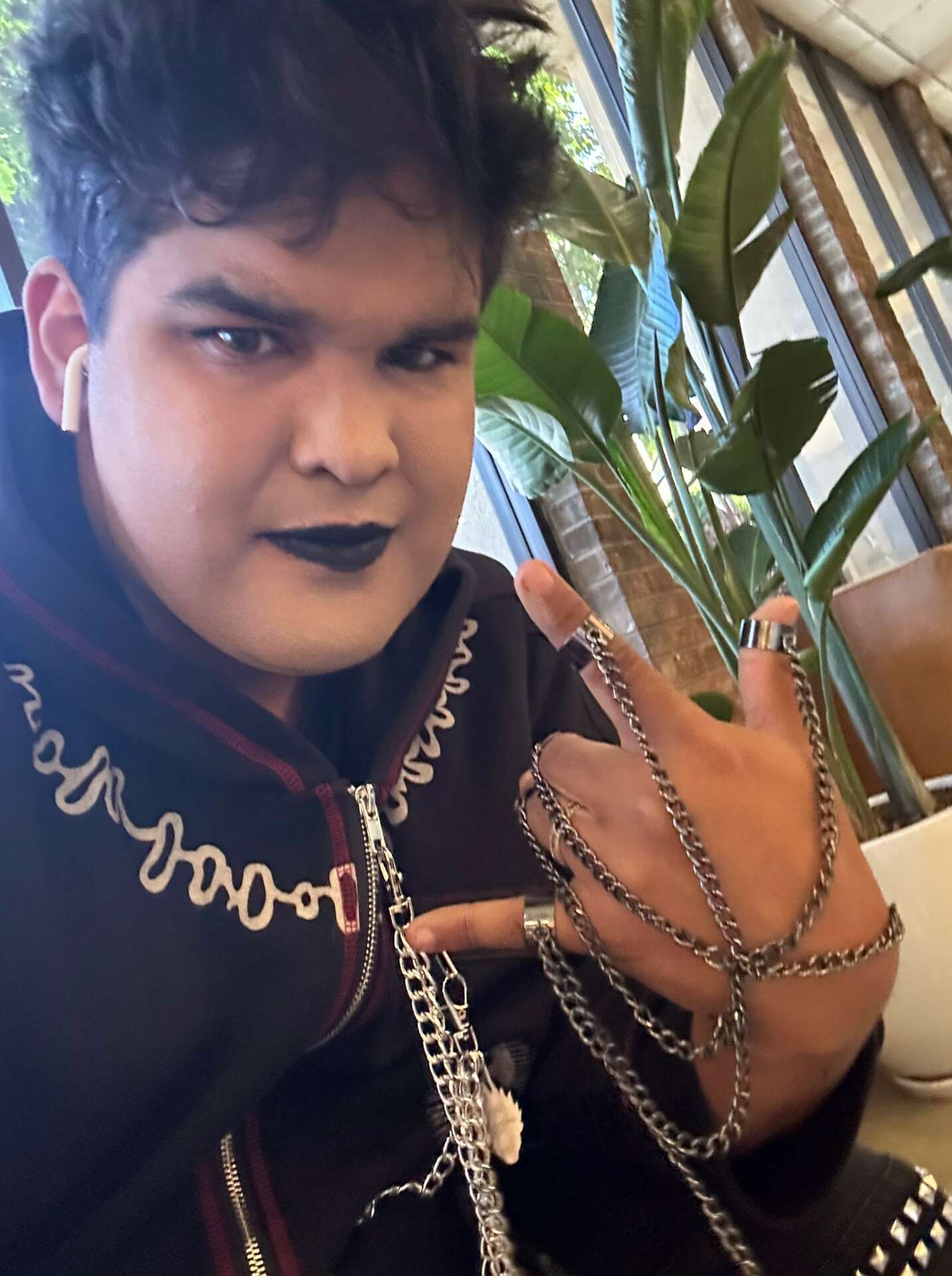
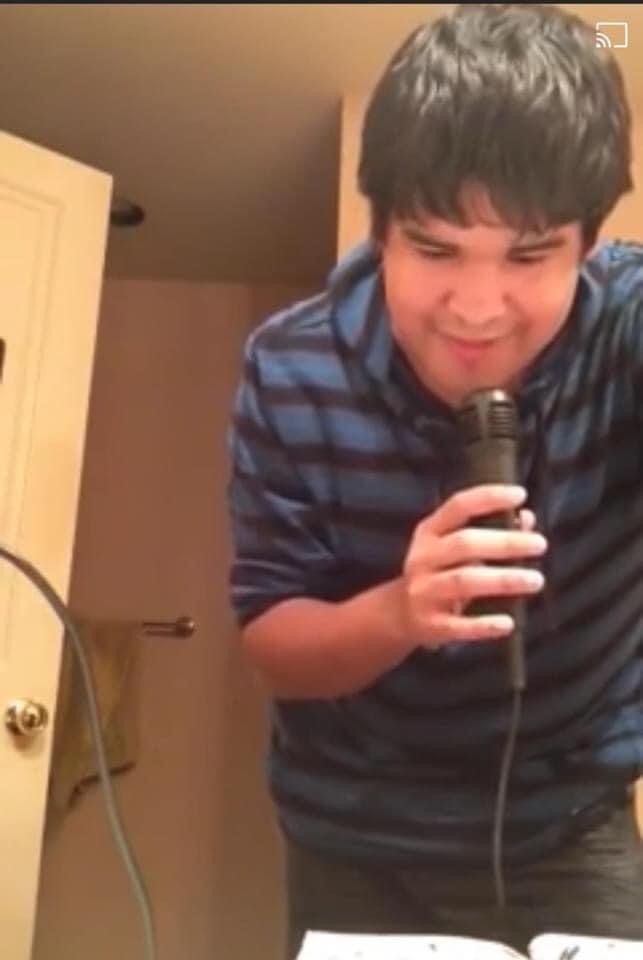
Great, appreciate you sharing that with us. Before we ask you to share more of your insights, can you take a moment to introduce yourself and how you got to where you are today to our readers.
From an early age, my parents would take me to shows playing at our local theatre. My earliest memory is seeing Eartha Kitt as The Fairy Godmother in “Cinderella” and thinking how much fun it would be to be up on the stage singing and acting for all those people. Around the same time, my family tried to get me into national commercials for “Welch’s Grapejuice.” It wasn’t until years later that I found out they wanted to cast me but I was too young for the commercial. After that, I took to my local drama clubs like a fish to water and I’ve been in love with acting ever since. Throughout my time in the field, I’ve been involved in productions of “Sweeney Todd,” “The Producers,” “La Cage Aux Folles,” and “Hedwig and the Angry Inch.” Most recently, I’ve enjoyed success in the voice over field with being cast as Erez in the tv show “On the Spectrum” (currently on MAX,) and have done several commercials for Indiana University. When jt comes to performances, I find it best to take inspiration from those who came before me. At a young age, I was watching reruns of “The Three Stooges,” “Rowan and Martin’s Laugh In,” “Bonanza,” and “Mary Tyler Moore”at my grandparent’s place. Whenever I can, I’m always reading or watching something in order to get ideas for new characters. At the time this interview is being conducted, I’m also standing in solidarity with my fellow actor’s in the SAG-AFTRA strikes. In doing so, I’ve also become a member of SAG-AFTRA to fully show my support to the many people striving for a better work environment. My hope, as an actor, is that we eventually come to the realization that technology can never be used as a substitute for genuine human experiences and ideas.
Do you think there is something that non-creatives might struggle to understand about your journey as a creative? Maybe you can shed some light?
Being surrounded by people who work in fields where success and work can be physically tracked and seen can make this job difficult. It’s been the cause of many arguments around the dinner table and sometimes, a load of stress for me. The key thing I always try to remember is that despite there not being any physical way to show my progress, I’m furthered than I was when I started. I literally began my acting journey with a book of monologues, a video camera, and a karaoke machine I got for my 18th birthday. From that small setup to getting my first microphone, and even things like taking classes has shown a constant stream of success from where I began. My advice to people starting out is to not be discouraged with where you began, because if you have a dream, you work hard, and your actions speak louder than your words, then in time your dream can and will become a reality.
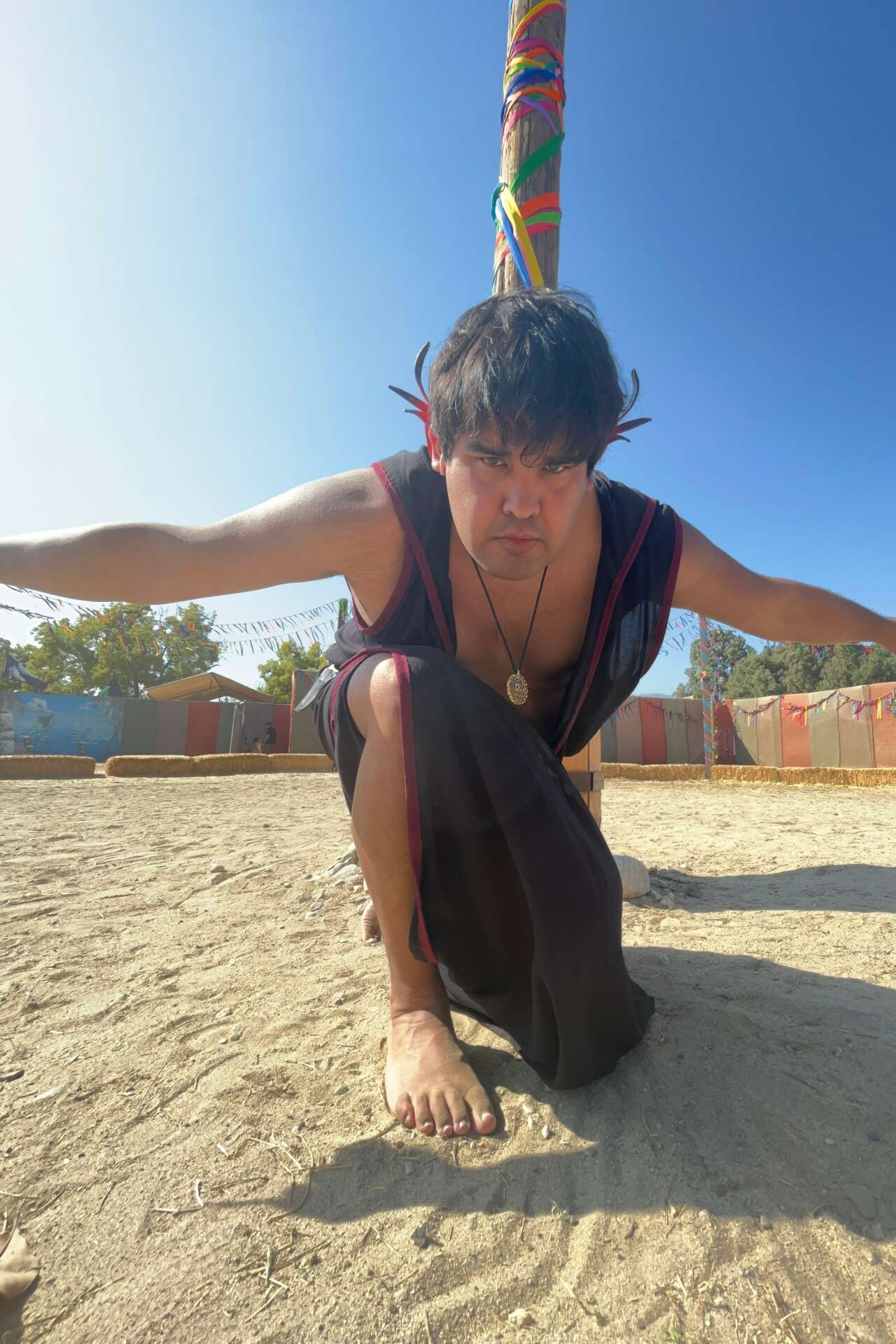
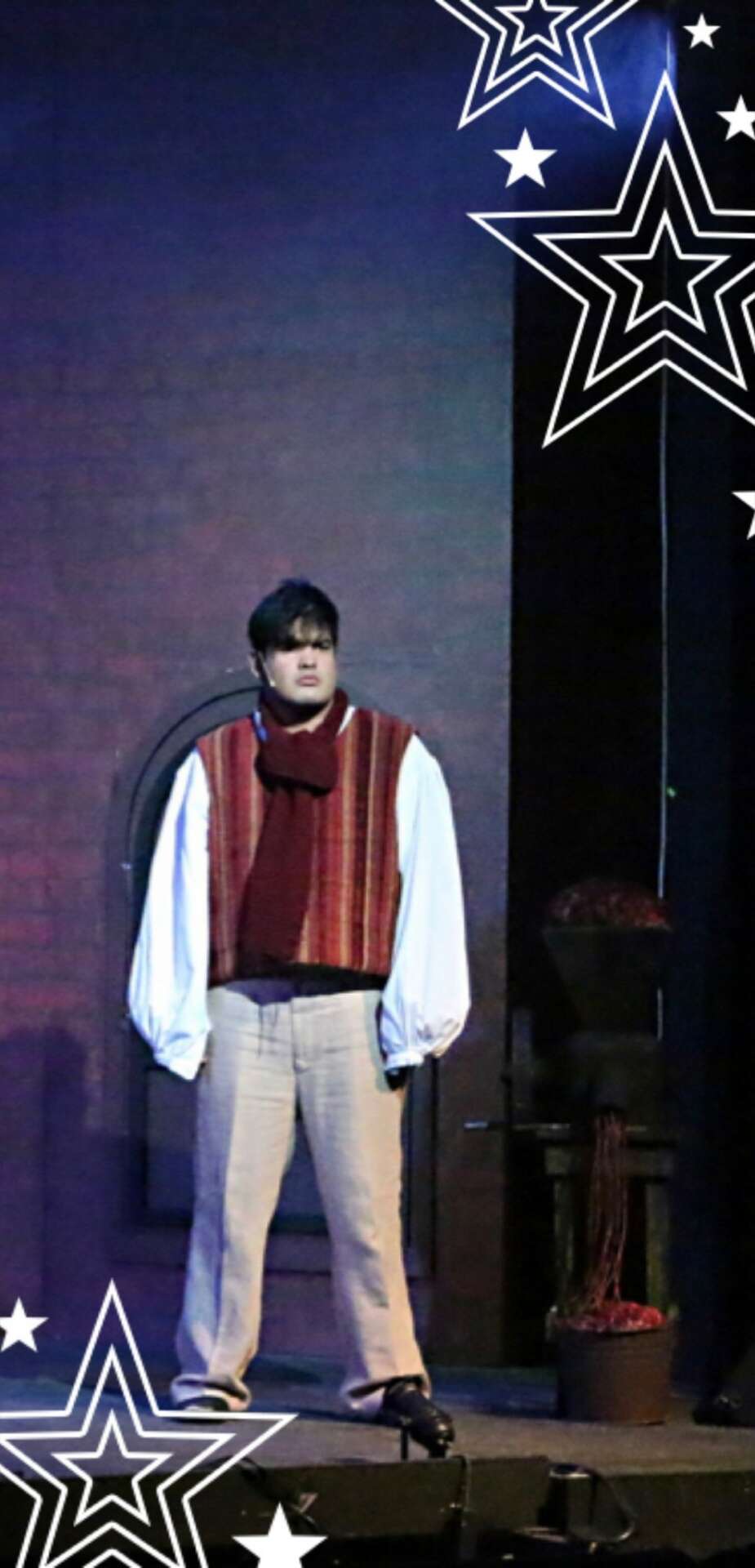
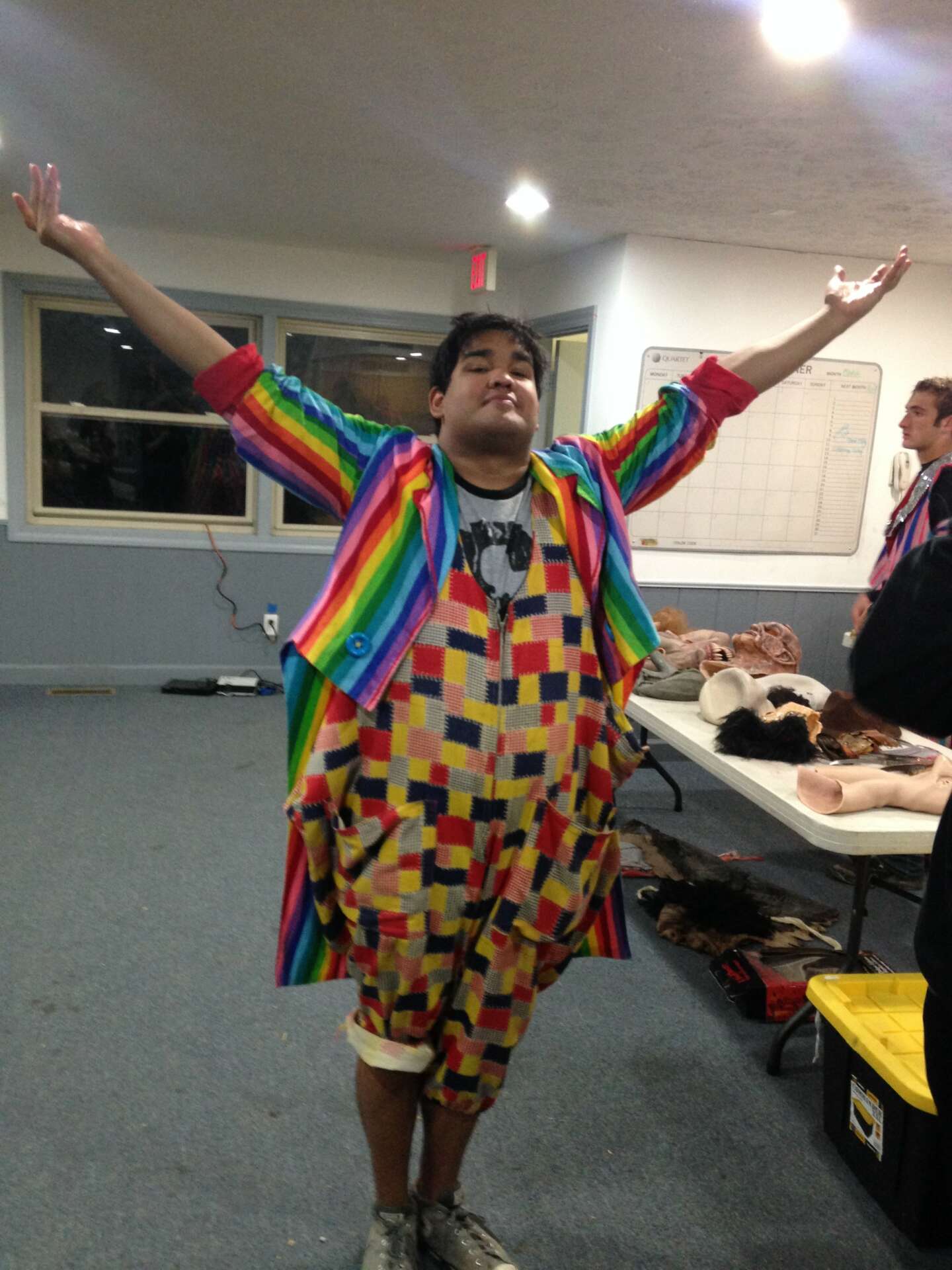
What can society do to ensure an environment that’s helpful to artists and creatives?
I see this question brought up a lot lately, with the rise of AI in the arts. My answer is actually pretty simple: Go to your local theatre, visit art museums, go to an indie film festival or local comedy club. Every great artist started small, and grew into something big because of the support of their community. Being a person of color, I heavily encourage people to look at and examine the works of other people of color to better understand our experience. Alex Haley, Octavia Butler, Gabriel Garcia Martinez, Julio Cortazar, and many others have helped me form a relationship to my heritage and open up a dialogue with people who may not be familiar with their work.
Contact Info:
- Website: VentusVoices.com
- Instagram: @venrva
- Linkedin: Ventus Russell
- Twitter: @ventusvoices
- Youtube: VenRVA
Image Credits
Doctor photo courtesy of James Pratt


